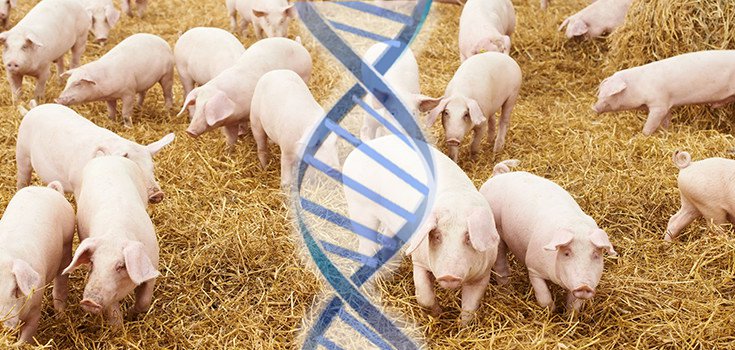Patient receives GM pig heart in transplant procedure

Published: February 1, 2022
Category: GMO News
For the first time, a heart from a genetically modified pig was successfully transplanted into a human. This “watershed event” could change the way medicine handles organ failure.
David Bennett Sr., a 57-year-old man whose advanced heart disease disqualified him from receiving a human donor heart, underwent the operation on New Year’s Eve at the University of Maryland Medical Center.
“We had a few moments of ‘uh-oh’ and had to do some clever plastic surgery,” said Dr. Bartley Griffith. But when the blood-restricting clamp was removed, “the heart fired right up, and the animal heart began to squeeze.”
While the heart looks normal so far, “We don’t know what tomorrow will bring us,” Griffith added. “This has never been done before.”
Amid an acute shortage of transplant organs—3,817 Americans received donor hearts last year but demand remains high—Bennett’s procedure could offer hope to thousands awaiting organs.
Biotech medical company Revivicor used gene editing and cloning technologies to produce Mr. Bennett’s GM pig heart; four pig genes were inactivated, and six human genes were inserted to improve tolerability of foreign material. An experimental drug was developed to suppress immunity.
“It was either die or do this transplant,” Mr. Bennett said before the surgery. “I want to live and if I don’t, you’ll [have] learned something.”
The New York Times article did not mention the ethical slippery slope the operation represents: how much genetic alteration of an animal makes it a “part-human”?
Source: New York Times
To view source article, visit:
Organic & Non-GMO Insights February 2022








